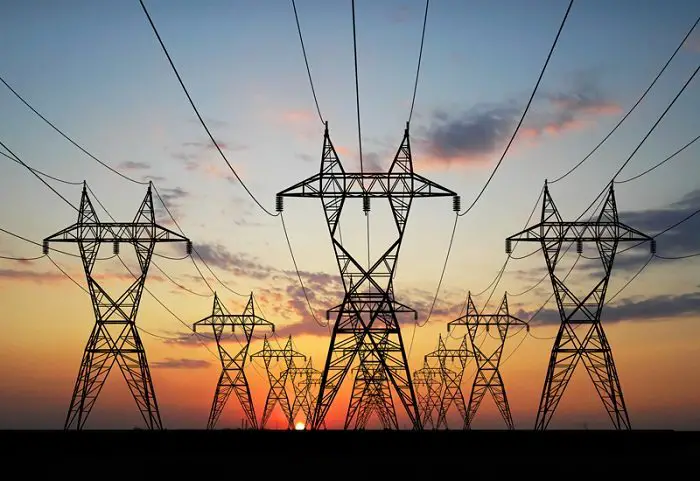The proposed Cameroon – Chad Power Interconnection Project is set to receive approximately US$ 385M worth of funding in form of a loan from the International Development Association (IDA), a subsidiary of the World Bank Group.
Approved on 16th June this year the grant will be split between the two countries, US $295 million for the republic of Cameroon and US $90 million for the republic of Chad. It will mature in 30 years with a Grace period of 5 years.
Also Read: Cameroon to construct transmission line from Nachtigal hydroelectric plant
About the project
The project stems from the desire of both countries to optimize the use of their energy resources by integrating their power generation, transmission, and distribution infrastructure and it aims to interconnect the Southern and Northern power systems of Cameroon, enable electricity trade between Cameroon and Chad, and to increase access to electricity in N’Djamena, the capital city of Chad.
It will involve the construction of a 1 024 km, 225 kV high-voltage (HV) main transmission line (786 kilometers in Cameroon and 238 kilometers in Chad, and related high-voltage (HV)/medium-voltage (MV) transformer stations. It will also include the construction of rural electrification distribution networks along transmission line corridors that will enable the electrification of approximately 478 localities, 409 of them in Cameroun, and 69 in Chad.
The overall project objective
The overall objective of the Cameroon – Chad Power Interconnection Project is to improve the economic and social development framework of Member States of the Economic Community of Central African States (ECCAS) through the supply of adequate quantity and quality of electricity at low cost.
The project is expected to deliver the first transmission backbone to the region and as such, its significance will span beyond Cameroon and Chad, providing lessons and incentives to other countries that may well benefit from power trade, and eventually driving a stronger consensus towards regional power system integration.
